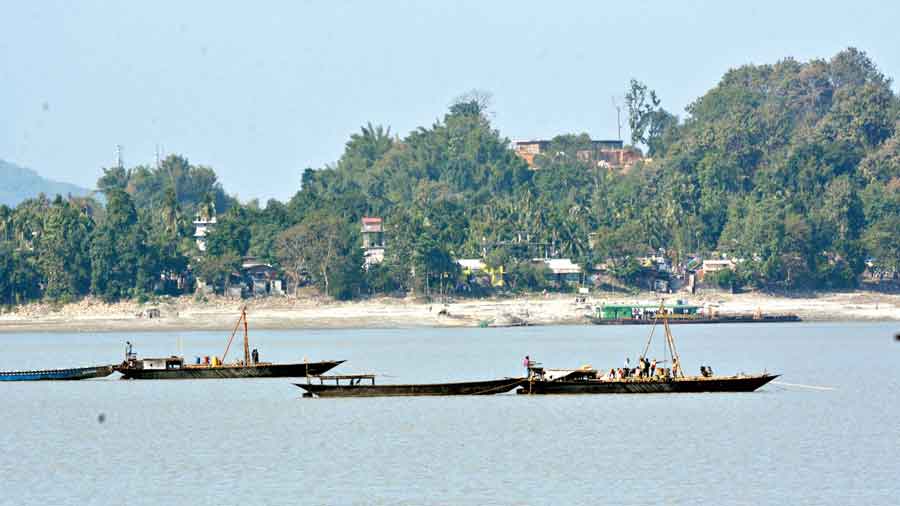The West Bengal government will clean septic tanks of households in 42 towns on the banks of Ganga to ensure that the water of the river is free from coliform bacteria and faecal contents, environment minister Manas Bhuniya said on Tuesday.
Addressing a press conference, Bhuniya said the West Bengal Pollution Control Board (WBPCB) has been able to achieve over 90 per cent success in neutralising coliform bacteria, which is largely present in faecal contents, during trials using a technology devised by IISER.
"We have succeeded to contain coliform to a great extent by introducing helpful bacteria in small tanks, which might be called lab scale deduction, and now we wish to use the methodology on the field. We will use it in septic tanks of certain households in all the 42 towns as a pilot project," he said.
"We are hopeful that the sewage water flowing into the river will be free of faecal contents, which will lead to reduction of river pollution," he added.
Bhuniya said he was hopeful about substantial reduction of such waste by 2026.
He said the state has decided to undertake a plantation drive along its 360 km borders with Jharkhand, Odisha and Bihar from June to stop the flow of air-borne particulate matters during the winters. Trees of tall and medium height are being chosen in consultation with the forest department and experts, he said.
To curb carbon emissions in rural areas, the WBPCB will begin a pilot project in five villages in Sunderbans, Murshidabad, Bankura, Purulia and Birbhum, under which smokeless chullahs will be given to families for cooking.
"The chullahs, costing Rs 5,000 each, will be powered by solar panels, and distributed free of cost. It has been developed by IIT-Delhi," WBPCB chairman Kalyan Rudra said.
We have a target to reach 1 crore households but that depends on the success of the pilot project, he said.
Except for the headline, this story has not been edited by The Telegraph Online staff and has been published from a syndicated feed.
